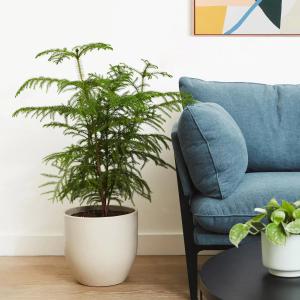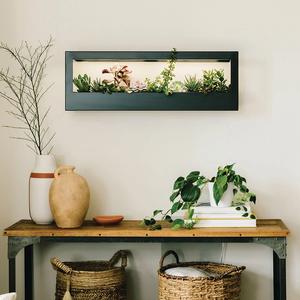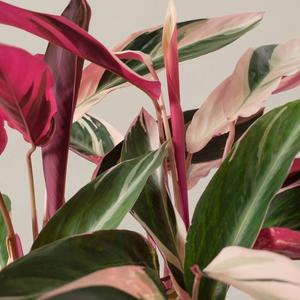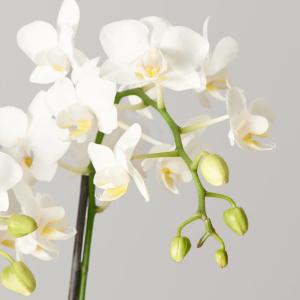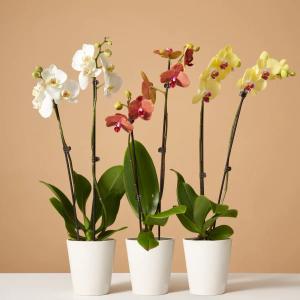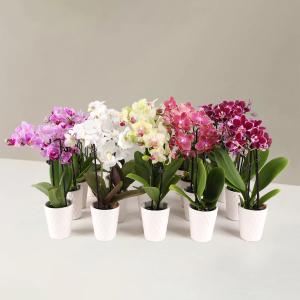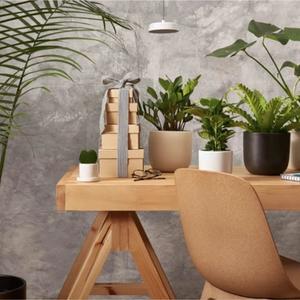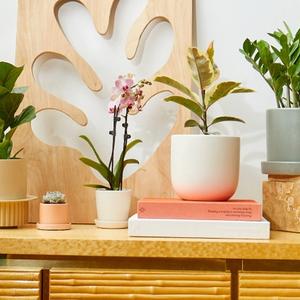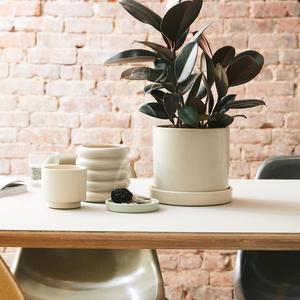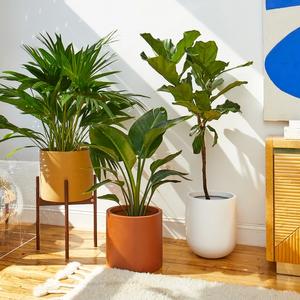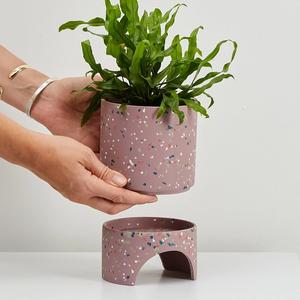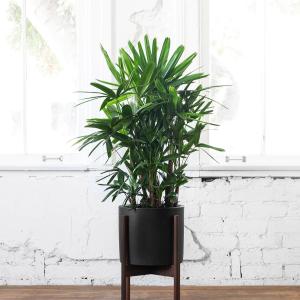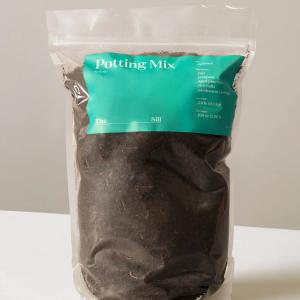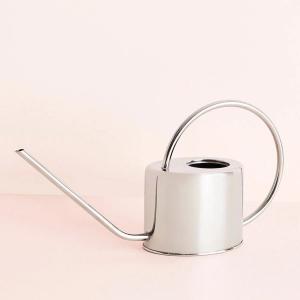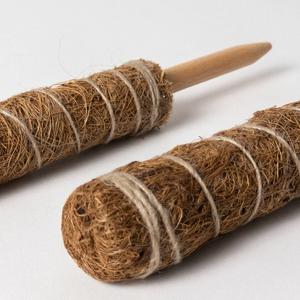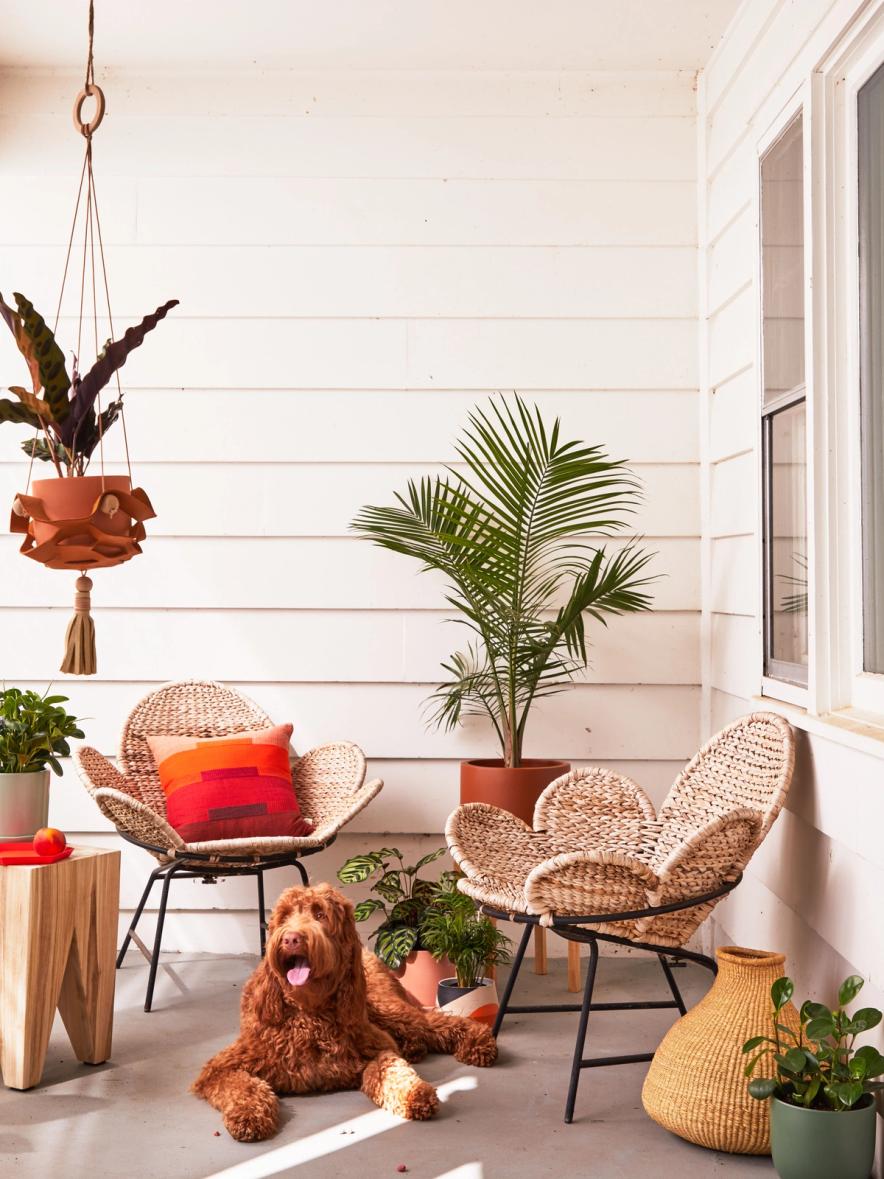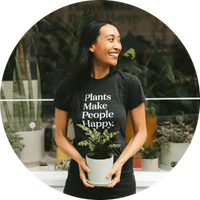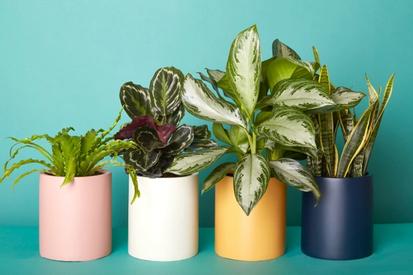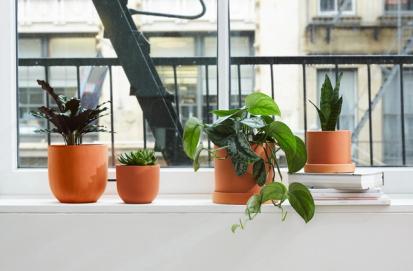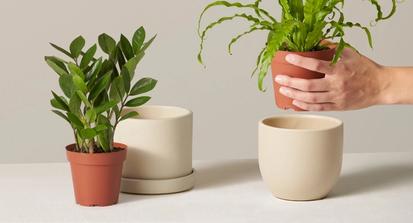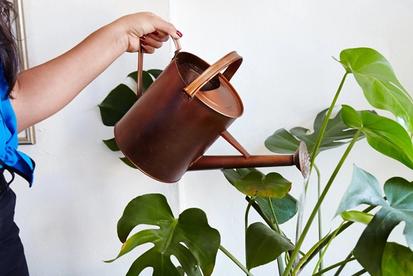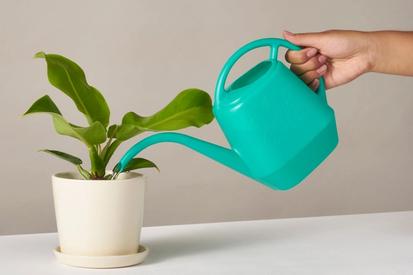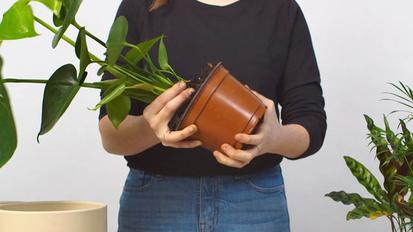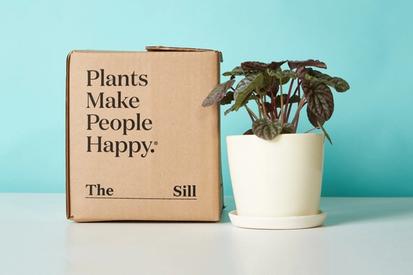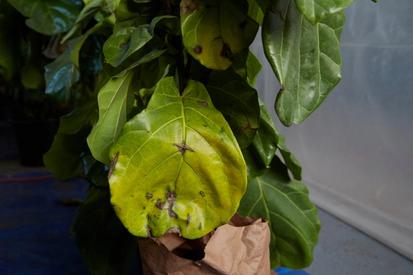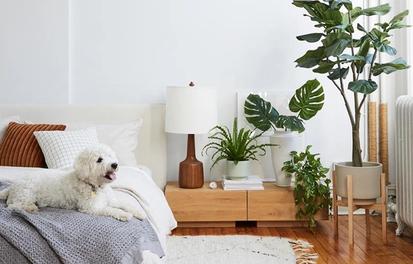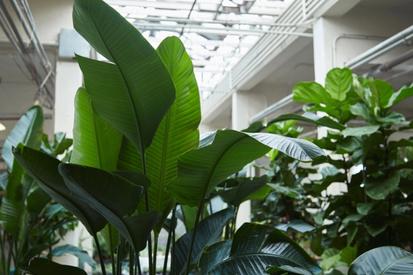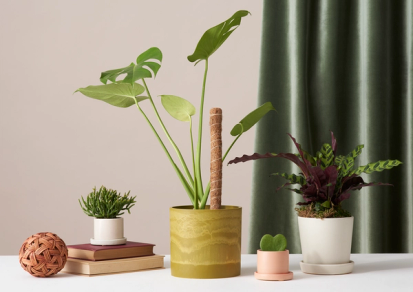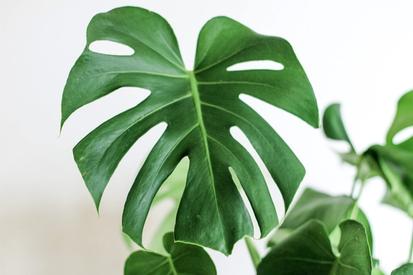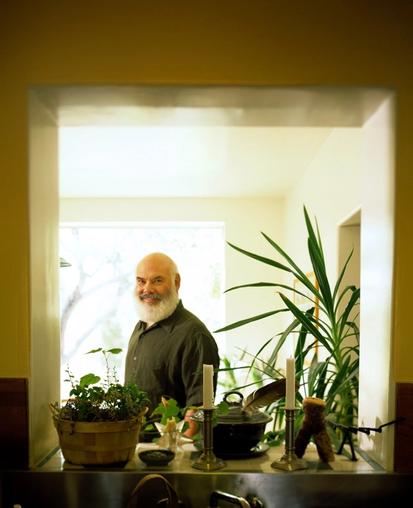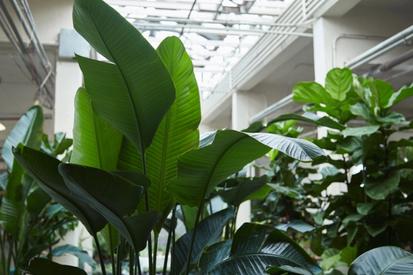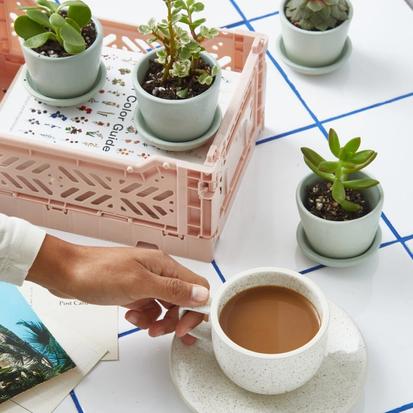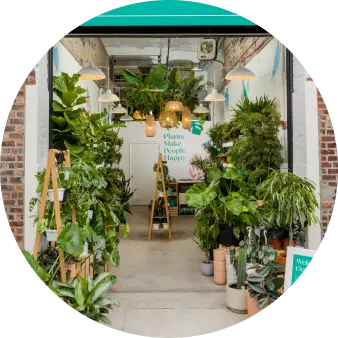As pet owners, we know that our furry friends can sometimes get into trouble with plants, but that doesn't mean we can't enjoy some greenery in our homes. Here are our top picks for pet-friendly plants and tips on what to do if your furry friend is exposed to a toxic plant.
The first thing you want to do before bringing home a new plant is to understand its toxicity. “The ASPCA has a great searchable database for toxic and non-toxic plants. It is a helpful resource to use prior to bringing any plant into your home with pets,” says Jamie Richardson, Head of Veterinary Medicine at Small Door Vet.
If you have curious pets, it’ll be ideal to opt for non-toxic plants or keep toxic plants out of reach. In general, it's best practice to try and keep your pets from chewing on any plants, even the non-toxic ones, because it can cause GI issues. For example, "Grass is a great example of a non-toxic plant pets love to munch on, but can cause vomiting,” says Richardson. Plus, you don't want your plants to have a gnawed-on look.
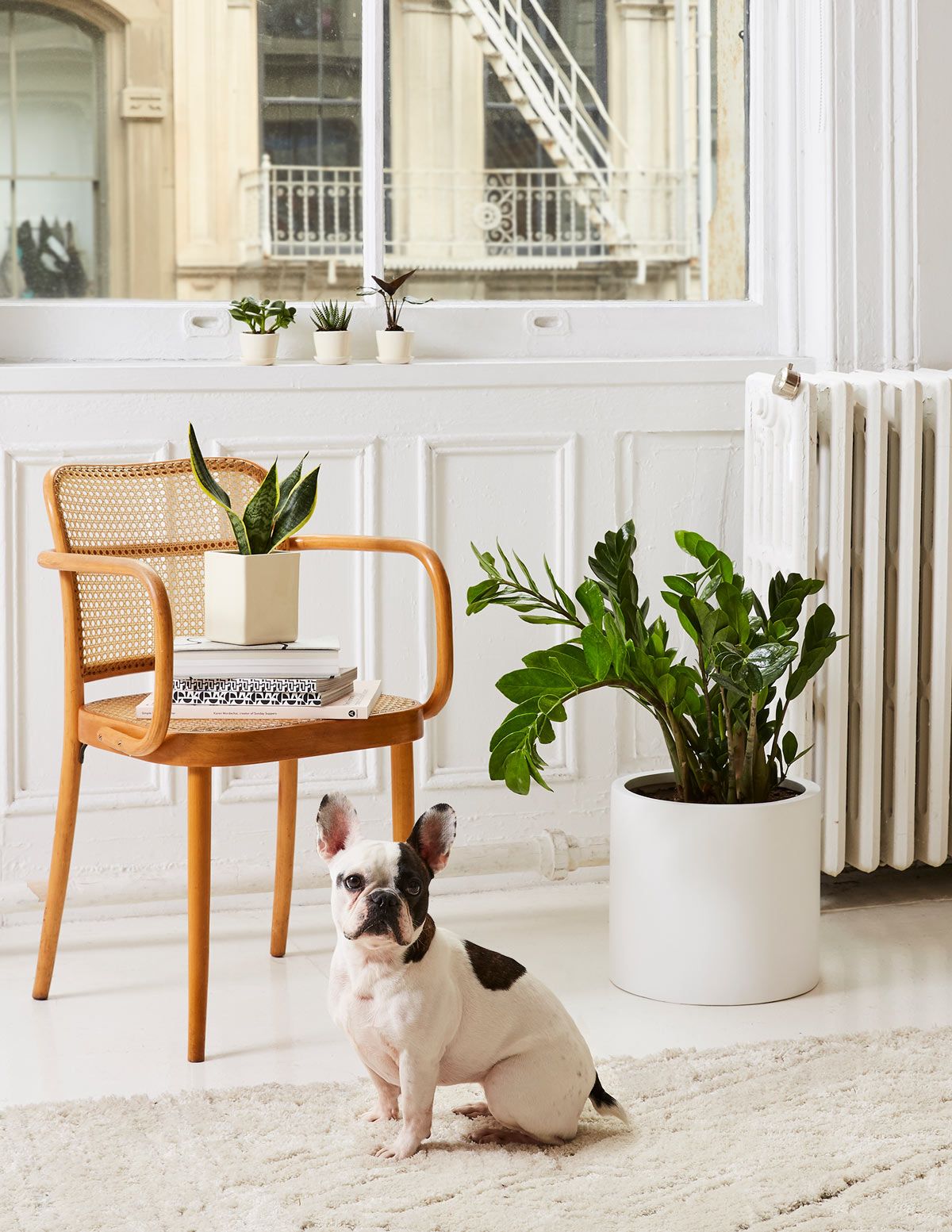
Remember, plants are only toxic if it's ingested by your pet. It's safe if your pets touch plants or sniff the soil as long as they aren't consuming any parts of the plant. If your pet happens to ingest a plant, the first step would be to research if it is toxic using the ASPCA tool, or you can contact a member at Small Door Vet and chat with one of their nurses via their app for advice if you have a membership.
"We would usually recommend calling the ASPCA poison control hotline to speak to toxicologists as a 1st step to understand the degree of toxicity and if an immediate trip to the vet is necessary," says Richardson. This specialist toxicology team will also provide steps to your veterinary team to help handle any poisonous ingestions as experts in this field.
If you're a cat owner, cats tend to be more sensitive to plant toxicities and munch on flowers and leaves more than dogs. Even when you have placed plants in hard to reach areas, cats can often get to them with their stealthy abilities so be very careful to ensure that any plant brought into a feline home is cat-safe.
Lilies (and any species in the Lilly family) are amongst the most common and highly toxic plants to cats. Your cat doesn't even have to eat the flowers or leaves to suffer from Lilly poisoning- a sip of water from the base of the plant or even licking some pollen from the stem that may have fallen on their fur can cause serious toxicity so avoid these at all costs, says Richardson.
If you have a particularly curious pet, consider creating a designated plant-free zone in your home. This can be a room or an area that's off-limits to pets, where you can display your favorite plants without worrying about your furry friends getting into them.
Being a pet owner doesn't mean you have to sacrifice your love of plants. There are plenty of pet-friendly options to choose from, and with a little planning, you can create a safe and beautiful space for both you and your furry friends to enjoy. Check out our top pet-friendly plants below to start creating a more pet-safe plant collection at home.
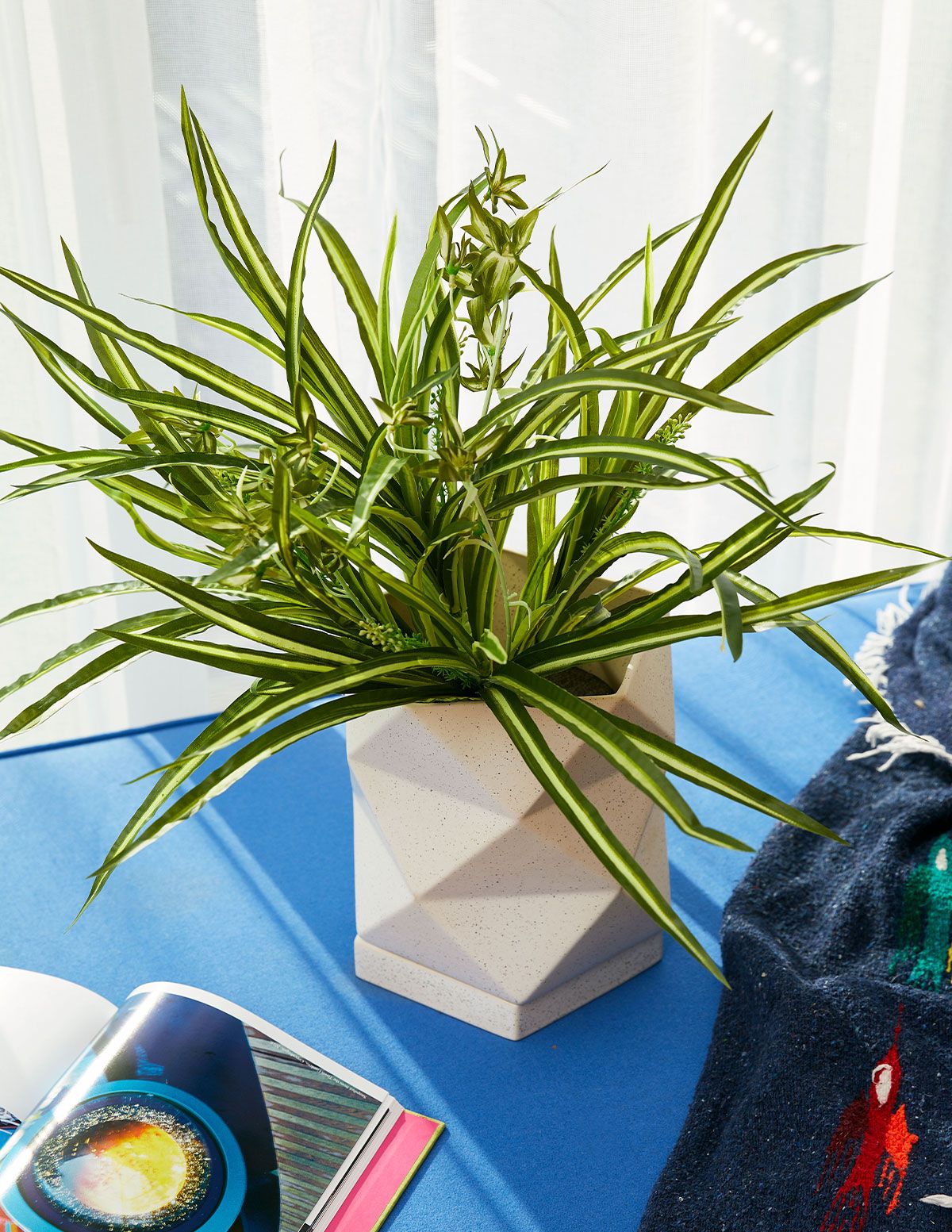
Spider Plant (Chlorophytum comosum)
The Spider Plant is a classic choice for pet owners because it's non-toxic to both cats and dogs. It's easy to care for and has long, trailing leaves that make it a great addition to a hanging planter. Place it in a bright spot, but out of direct sunlight.
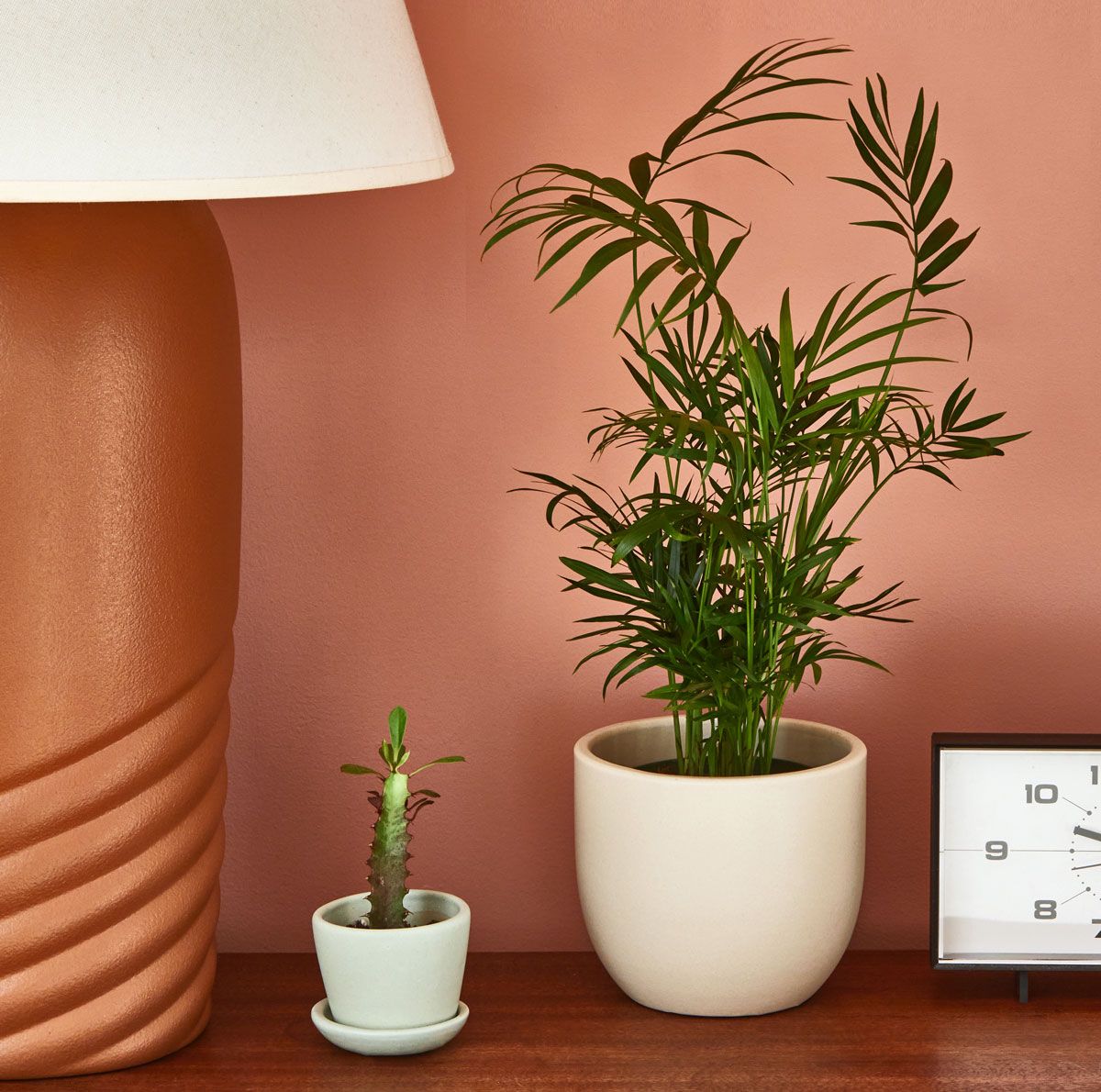
Parlor Palm (Chamaedorea elegans)
The Parlor Palm is a great pet-friendly, slow-growing plant with delicate fronds that can reach up to 4 feet in height. Place it in a spot with bright, indirect light and water it when the top 2-3 inches of soil feels dry.
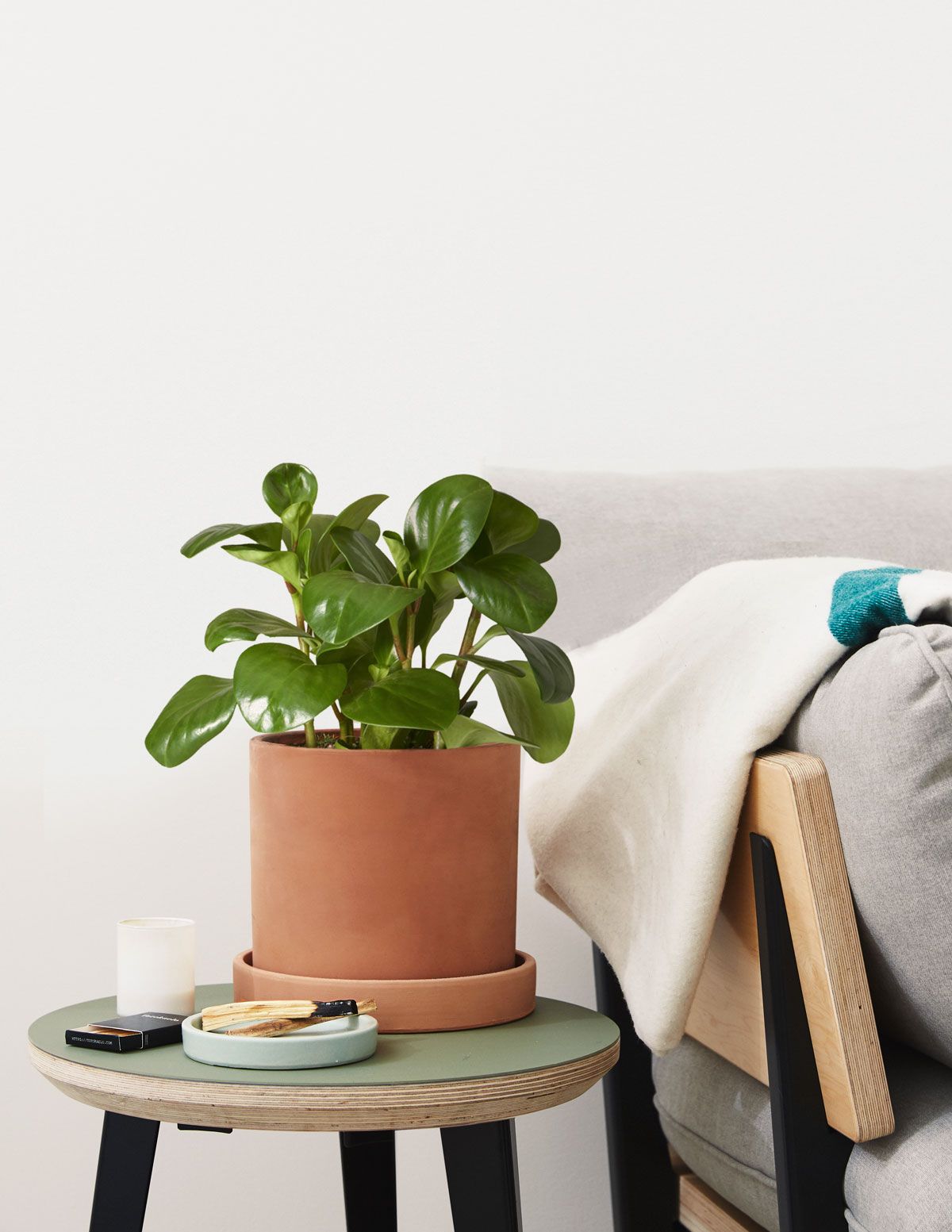
Peperomia Green (Peperomia obtusifolia)
The Peperomia obtusifiolia, including other species in the Peperomia genus are great pet friendly options. These plants are drought-tolerant and can do well in lower light levels but will thrive best in medium-bright indirect light.
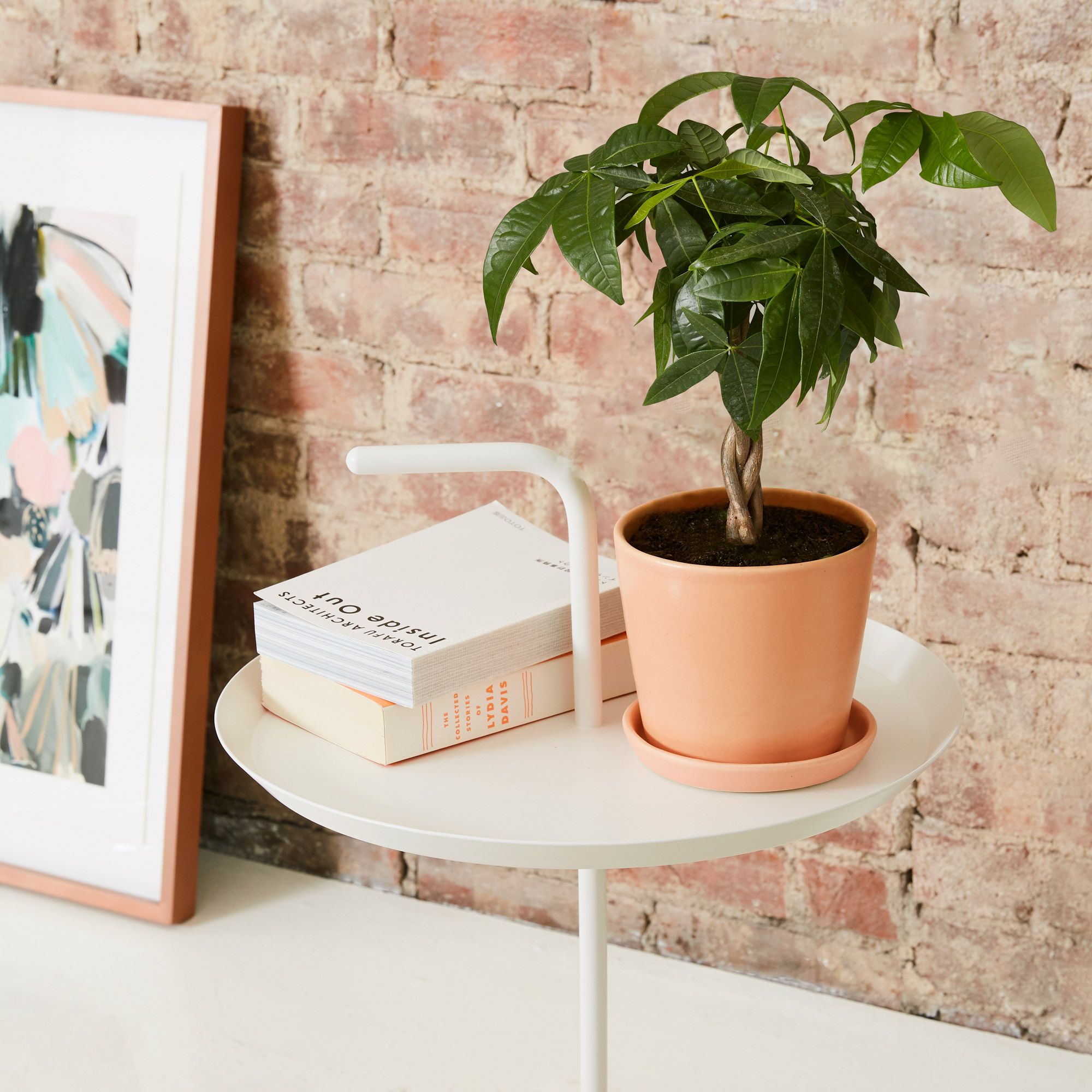
Money Tree (Pachira aquatica)
Said to bring good luck and fortune, the Money Tree is the perfect pet friendly plant to add to any room of your home to create good Feng Shui. It is known for its resilience, ease of growth, and fun braided trunk.
Words By The Sill
Empowering all people to be plant people—a collection of articles from The Sill’s team of plant experts across a variety of plant care topics to inspire confidence in the next generation of plant parents. Welcome to Plant Parenthood™.
